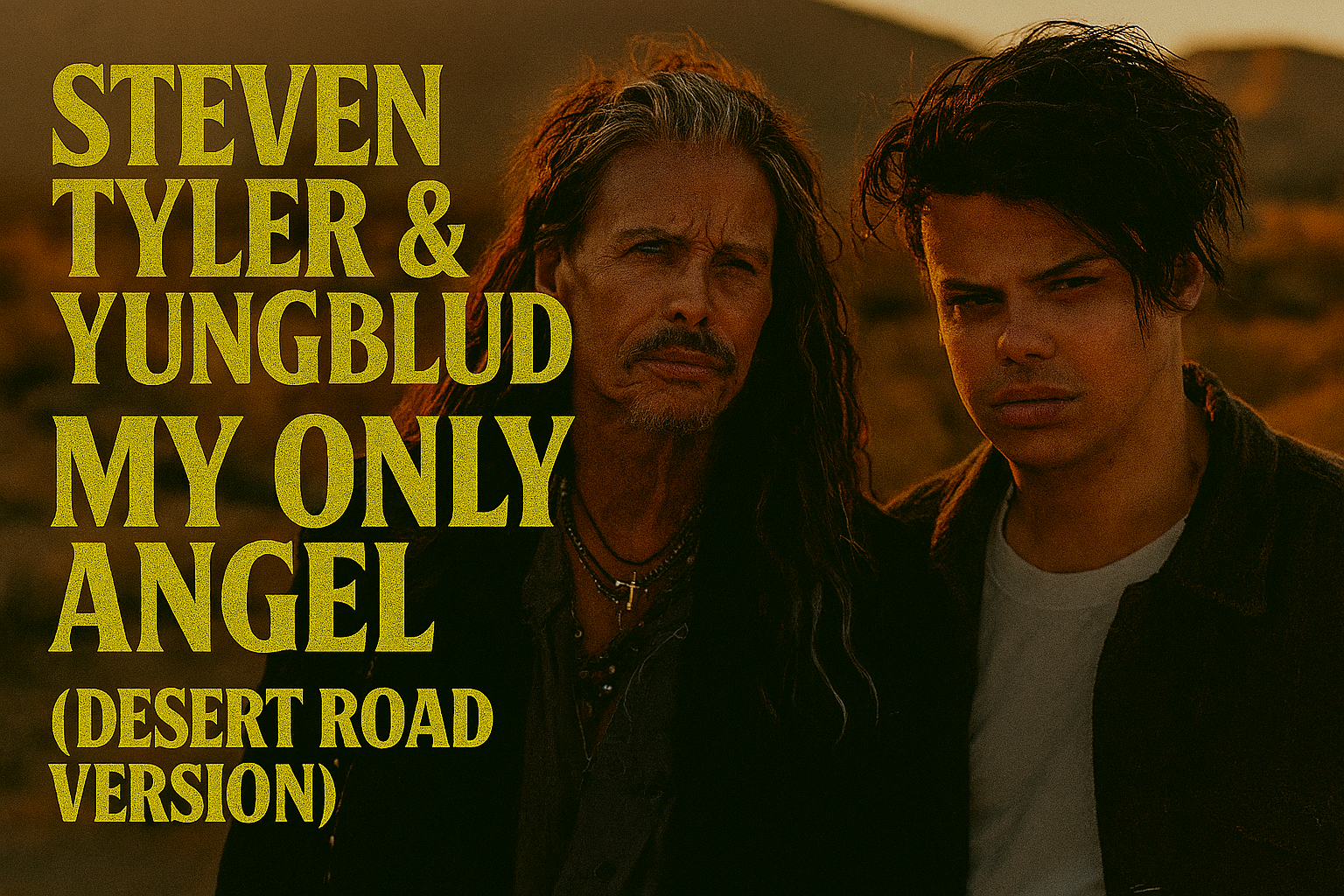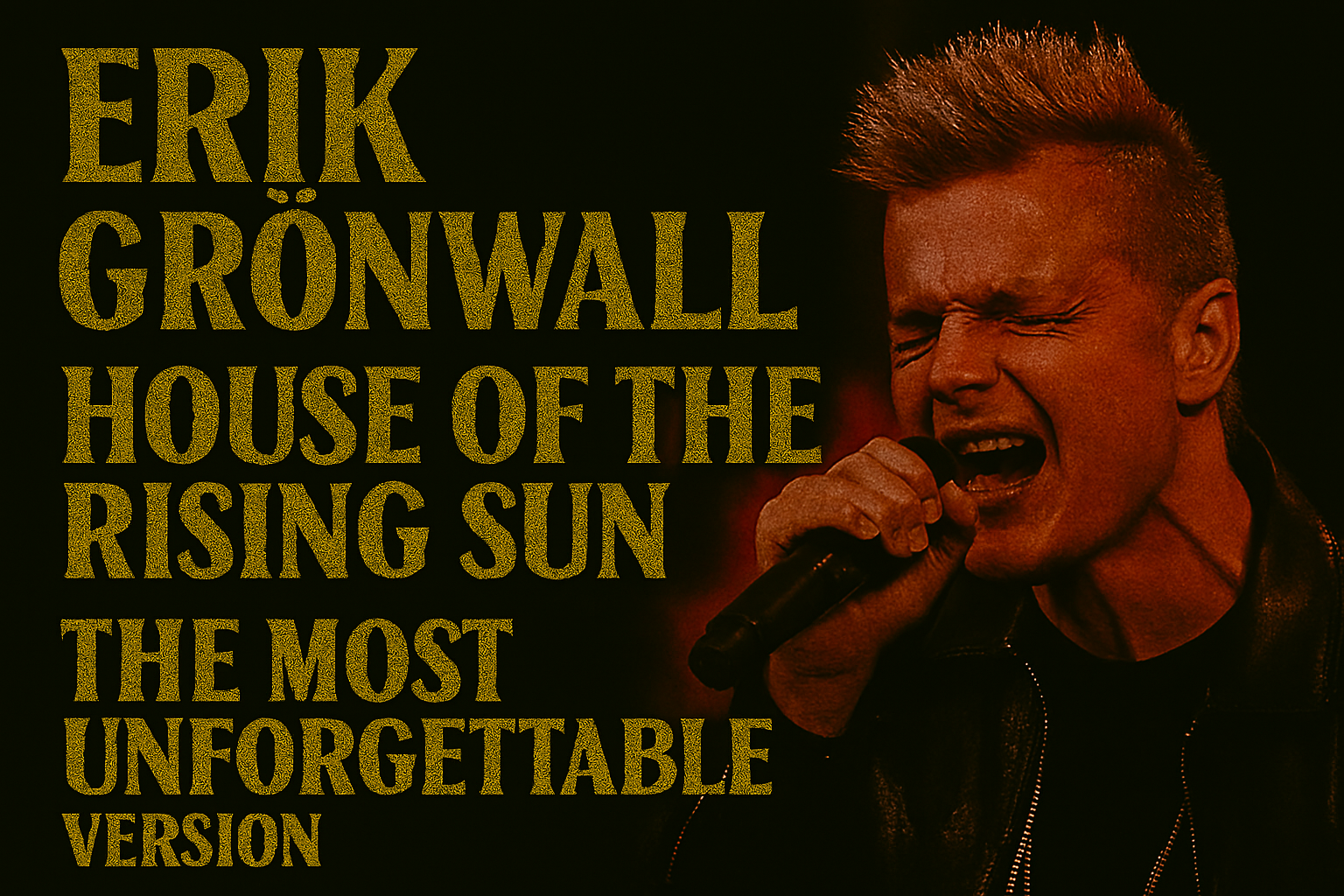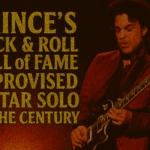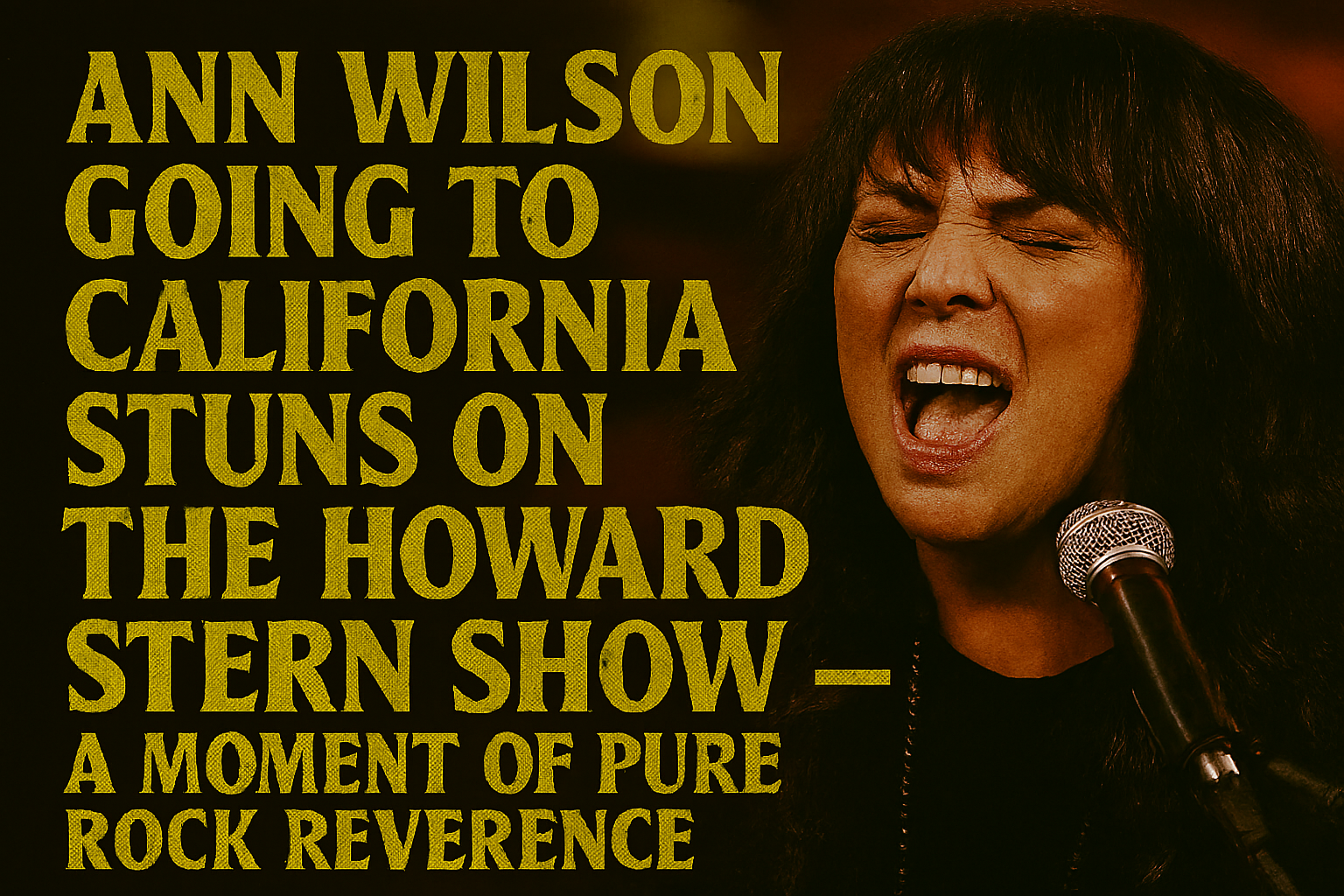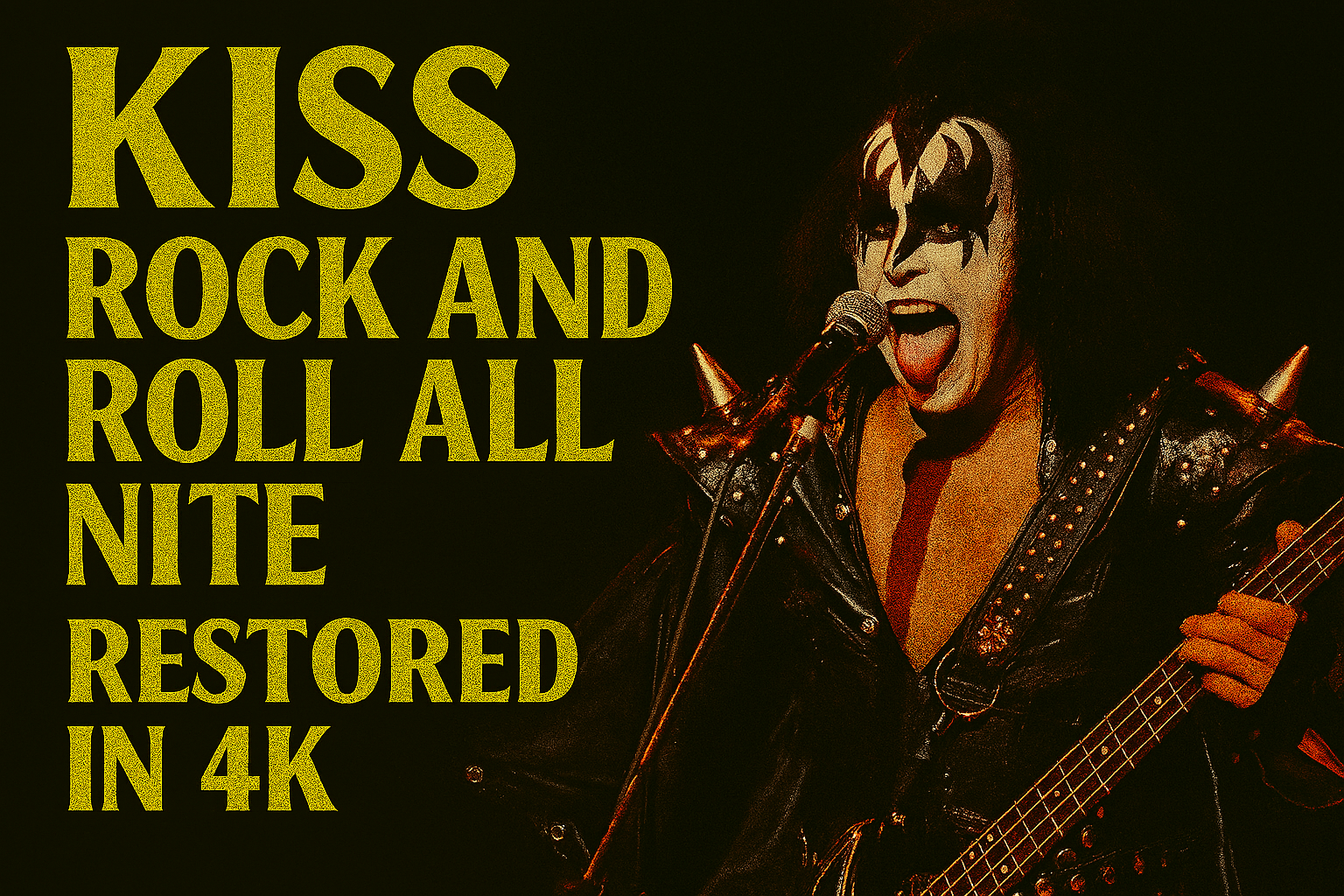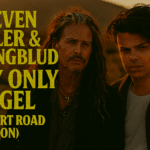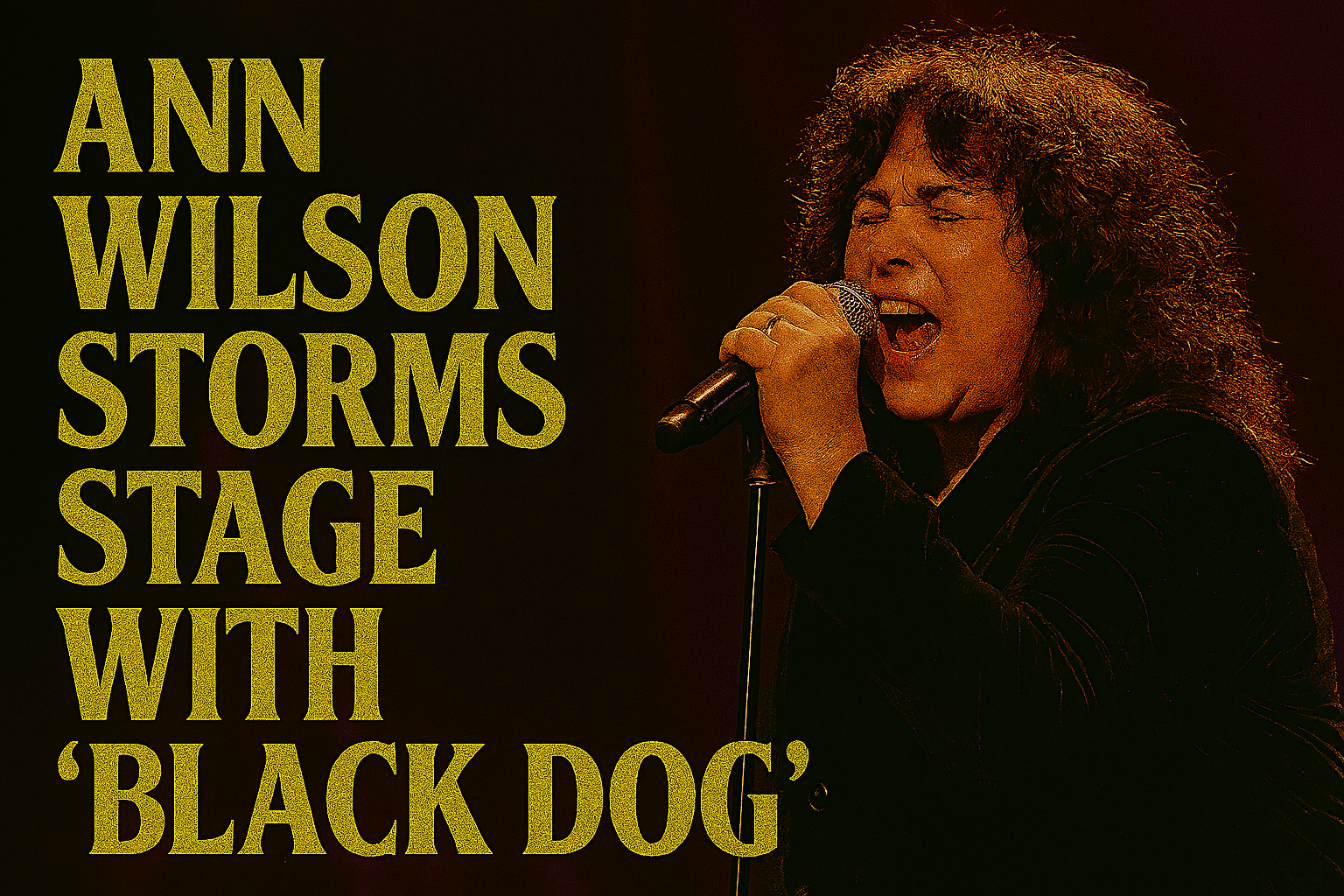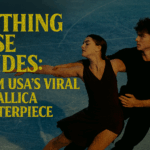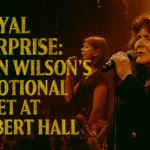On October 24, 2025, music fans around the world were treated to a stunning surprise: Aerosmith’s Steven Tyler and British alt-rocker YUNGBLUD unveiled a stripped-down reimagining of their recent single, “My Only Angel.” Dubbed the Desert Road Version, the track quickly went viral, with fans and critics alike calling it “even better than the original” and “the best collaboration of the year.”
Originally released in September as the lead single from their upcoming joint EP One More Time, “My Only Angel” was already gaining traction for its bold fusion of classic rock and modern angst. But the Desert Road Version flipped the script entirely. Gone were the heavy guitars and layered production—in their place, a raw acoustic arrangement that exposed the emotional core of the song. What emerged was a haunting, intimate ballad that felt like a conversation between generations.
Steven Tyler’s vocals are nothing short of revelatory. At 77, the Aerosmith frontman delivers each line with a weathered vulnerability that’s both powerful and tender. His voice, once known for its high-octane screams, now carries the weight of experience, heartbreak, and reflection. YUNGBLUD, known for his punk-infused energy and emotional candor, matches Tyler’s intensity with a softer, more introspective tone. Together, they create a duet that feels timeless—two artists from vastly different worlds meeting in the middle of a desert road, trading verses like confessions.
Adding to the magic is a surprise guest: Steve Martin, the legendary comedian and accomplished banjo player. Tyler personally invited Martin to contribute a closing riff to the track, and the result is a warm, unexpected twist. Martin’s banjo doesn’t dominate—it whispers. It’s a subtle, soulful outro that adds texture and Americana charm to the song’s final minute. Though Martin doesn’t appear in the music video, his presence is felt, adding another layer of depth to the collaboration.
The accompanying video, released the same day, features Tyler and YUNGBLUD performing in a desolate desert landscape at dusk. The visuals are cinematic and moody—dust swirling, shadows stretching, and the two artists framed against a fading horizon. The setting evokes themes of solitude, redemption, and emotional reckoning, perfectly mirroring the stripped-back arrangement.
Fans responded immediately and passionately. Within hours, the video was trending across YouTube, TikTok, and Instagram. Comments poured in from longtime Aerosmith devotees and Gen Z YUNGBLUD fans alike. “This version hits harder than the original,” one user wrote. “It’s like they peeled back the layers and gave us the soul of the song.” Others praised the unexpected chemistry between Tyler and YUNGBLUD, calling it “a masterclass in vulnerability” and “proof that music transcends age.”
Critics echoed the sentiment. Consequence called the track “a bold emotional pivot,” while Kerrang! praised its “elegant restraint and fearless honesty.” Ultimate Classic Rock highlighted the banjo outro as “a stroke of genius,” noting how it bridged rock, folk, and country in a way that felt organic and fresh.
The Desert Road Version also signals a new chapter for Aerosmith. After more than a decade without new music, the band’s collaboration with YUNGBLUD marks a daring return—not with bombast, but with introspection. Tyler’s willingness to share the spotlight and explore new sonic territory speaks to his enduring curiosity and artistic courage.
For YUNGBLUD, the track is a milestone. Known for his genre-blending style and outspoken persona, he’s now proven he can hold his own alongside rock royalty. His performance is restrained, respectful, and deeply felt—a sign of maturity and range.
“My Only Angel (Desert Road Version)” is one of five tracks on the One More Time EP, which also includes “Problems,” “Wild Woman,” “A Thousand Days,” and a 2025 remix of Aerosmith’s classic “Back in the Saddle.” Each track features vocals from both Tyler and YUNGBLUD, promising a rich, genre-crossing experience.
In a year full of flashy collaborations, this one stands apart. It’s not just a duet—it’s a dialogue. A moment of musical honesty between two artists who understand that sometimes, the quietest songs speak the loudest.
